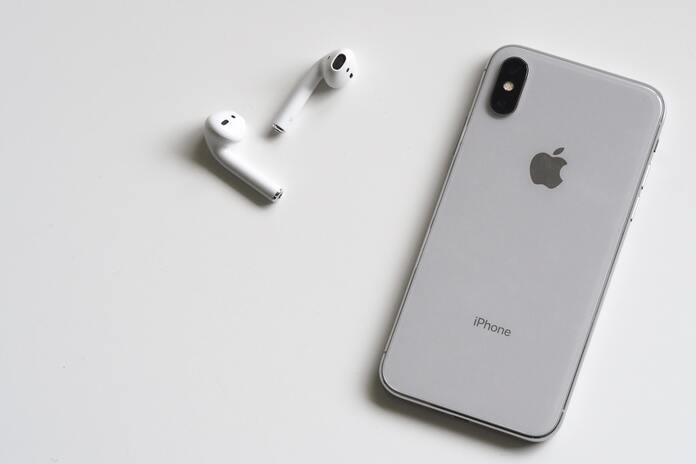Apple Inc (NASDAQ:AAPL)
Demand for Apple iPhones has been coming back in China, says one Wedbush analyst.
Wedbush analyst Dan Ives increased his price target on Apple stock (NASDAQ:AAPL) to $190 from $180 and maintained his Outperform rating on the stock. The longtime Apple bull wrote in a research note Wednesday that demand has rebounded in China following a weak December. Beijing rolled back the country’s strict zero-Covid 19 lockdowns lockdown policy early that month.
The demand for Apple’s iPhone in China has been a significant driver of the company’s global sales in recent years. However, there have been fluctuations in demand due to various factors such as economic conditions, competition, and shifting consumer preferences.
In 2020, the COVID-19 pandemic led to a temporary decline in iPhone sales in China. According to research firm IDC, Apple’s shipments in the country fell by 20% in the first quarter of the year compared to the same period in 2019. However, demand quickly rebounded as the pandemic situation in China improved, and Apple’s sales in the country have since recovered.
One factor contributing to the strong demand for iPhones in China is the country’s growing middle class, which is increasingly seeking high-end smartphones as a status symbol. Additionally, Apple’s reputation for quality and design has helped to establish it as a premium brand in the Chinese market.
“Our Asia iPhone supply chain checks this week have been incrementally more positive with a modest uptick in demand coming out of China for Apple with a clear demand rebound happening in this key region post-December despite the uncertain macro backdrop,” Ives wrote.
iPhone sales are vital for Apple. Smartphone revenue made up $65.8 billion of its total December quarter sales of $117.2 billion. Overall sales from China made up $23.9 billion in revenue last quarter, behind Europe and the U.S. among five regions for which Apple discloses data.
“Because of these constraints, we had significantly less iPhone 14 Pro and iPhone 14 Pro Max supply than we planned, causing ship times to extend far beyond what we had anticipated,” Chief Executive Tim Cook said in the company’s latest earnings call in February. The iPhone 14 Pro and Pro Max are the newest, most expensive models of the smartphone.
However, Apple faces competition from domestic smartphone brands such as Huawei, Xiaomi, and Oppo, which offer more affordable alternatives to the iPhone. In recent years, these companies have gained significant market share in China, particularly in the mid-range and lower-end segments.
Another challenge for Apple in China is the government’s increased scrutiny of foreign technology companies. In recent years, the Chinese government has taken steps to promote domestic technology companies and limit the influence of foreign firms. This has included measures such as requiring foreign companies to store data within China and restricting access to certain apps and services.
Despite these challenges, Apple remains a significant player in the Chinese smartphone market, with the country accounting for a significant portion of the company’s global sales. The company has also taken steps to address some of the challenges it faces in the country, such as by partnering with Chinese companies and investing in local research and development.
Looking ahead, Ives is confident that demand is strong and says that there are “no major unit cuts from suppliers in Asia around iPhone production yet, which is a good sign that shows a steady demand curve on the flagship iPhone 14 Pro in March/June.”
Ives also expects to see continued market share gains for the company as people upgrade their phones to newer models. He estimates approximately 25% of current iPhone users haven’t upgraded their device in four or more years.
Shares of Apple were up 0.8% Wednesday to $152.81. The stock has gained 17% this year.
Featured Image: Pexels @ Jess Bailey Designs









